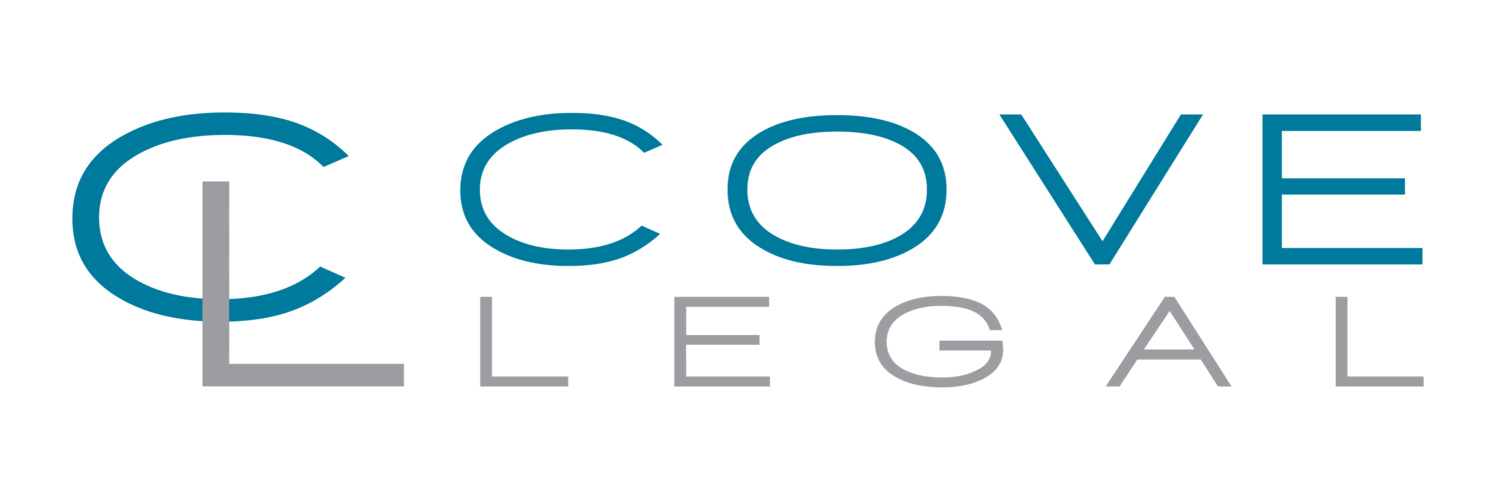Remedies: offers to make amends and litigation
In our third and final instalment of our defamation series, we now turn to the options available to an aggrieved person (or plaintiff) that has been defamed and what an author/publisher (or defendant) can do if they receive a concerns notice.
Concerns notice
An aggrieved person may issue a written notice to the author/publisher of defamatory material explaining the defamatory implications within the publication. If the notice fails to adequately particularise the imputations of concern, the publisher may request further and better particulars about them from the aggrieved person.
Offer to make amends
The publisher may make an offer to make amends within 28 days from receipt of the concerns notice. The offer must be in writing and must:
state what defamatory imputations the offer relates to;
include an offer to publish a reasonable correction of the material in question;
if the material has been given to someone else by the publisher, include an offer to take reasonable steps to tell the other person that the material is or may be defamatory of the aggrieved person; and
include an order to pay the expenses reasonably incurred by the aggrieved person before the offer was made and the expenses reasonably incurred in considering the offer.
If the publisher carries out the terms of an offer to make amends that is accepted, the aggrieved person cannot then continue or enforce an action for defamation against the publisher in relation to the material in question.
If an offer to make amends is made in relation to the material in question but is not accepted, it is a defence to an action for defamation against the publisher if:
the offer is made as soon as practicable after receiving the concerns notice;
the publisher was ready and willing, on acceptance of the offer, to carry out the terms of the offer; and
the offer was reasonable in the circumstances.
Apologies
An apology by a publisher to an aggrieved person cannot be submitted as evidence of admission of fault or liability, however can be a factor in mitigating damages.
Litigation – commencing an action and damages
Revisiting Part I – Bringing a defamation claim in Western Australia, a plaintiff can issue proceedings against a defendant within one year of publication of the defamatory material. The plaintiff is required to prove that:
the material was published to a third person, other than the plaintiff;
the material was of and concerning the plaintiff; and
the material was defamatory of the plaintiff.
A successful plaintiff may be entitled to an award of damages for non-economic loss, which may be in the form of:
general compensatory damages – currently limited to a maximum of $389,500; and/or
aggravated damages - the amount of damages will depend on the circumstances of the case and can exceed the current statutory limit.
In awarding damages for defamation, the court is to disregard the malice or other state of mind of the defendant at the time the material was published.
Exemplary damages (that is, damages designed to punish the defendant rather than compensate the plaintiff) cannot be awarded in defamation actions under the legislation in Western Australia.
Damages can be mitigated by such actions as the defendant apologising or publishing a correction of the defamatory material.
Check out our blog for the other posts in this series: Part I – Bringing a defamation claim in Western Australia and Part II - Defences to a defamation claim.
Cove Legal offers specialist expertise in the area of media law, with a focus on protecting corporate brands and reputations. Roger Blow is a leading defamation lawyer in Western Australia and can be found listed as a social media law expert on expertguide.com. He regularly provides commentary concerning media law issues to television, radio stations and newspapers such as the West Australian, The Age and AFR.
If you would like advice or assistance with any legal matters involving defamation, we would be keen to hear from you. Please contact:
Roger Blow, Principal, Ph: +61 8 6381 0327 or roger@covelegal.com.au
Tennille Provost, Senior Associate, Ph: +61 8 6381 0326 or tennille@covelegal.com.au
This publication is not legal advice. You should seek professional advice before taking any action based on its contents.
